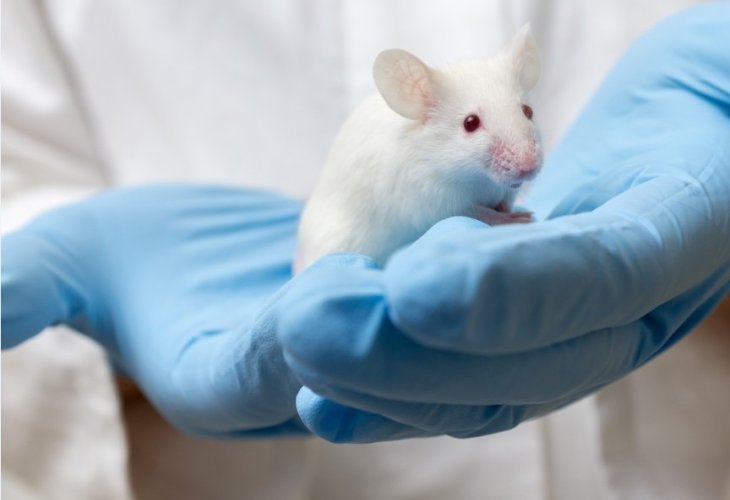You'll Never Believe What Happens to Those Who Consume a Diet of 90% Fat
A new study found that mice that were fed almost exclusively on fats lived longer and were also healthier.
 (Photo: Shutterstock)
(Photo: Shutterstock)Thought fat was unhealthy? A new study questions this claim. While this research was conducted on mice, the mechanism it discovered seems logically applicable to humans.
John Ramsey, the lead researcher, has been studying body mechanisms leading to aging for twenty years. While calorie restriction has been shown in numerous studies to slow aging, Ramsey was curious about the effects of a high-fat diet.
In recent years, the 'ketogenic diet' has gained popularity worldwide: it is a diet where carbohydrate intake is so low that the body switches from using glucose as the main fuel to burning fat for energy.
The mice in the study were divided into three groups: one received a normal diet, rich in carbohydrates, the second received a high-fat diet, and the third was given a true ketogenic diet, with 90% of the calories coming from fat and the rest from proteins. Caloric intake was identical across all diet types.
"We wanted to study the metabolism," said Ramsey. "What does a different diet do to aging?"
The results, researchers say, surprised them. "We expected a certain difference, but we were impressed by the scale of the difference: The median lifespan of mice on the ketogenic diet was 13% higher than those on a high-carbohydrate diet. The equivalent for humans is an additional seven to ten years!"
Additionally, the mice fed a high-fat, low-carbohydrate diet showed better health and cognitive performance.
The human body, explains Ramsey, operates quite similarly to that of mice. Therefore, this research proves that a ketogenic diet can have a highly significant impact on health and lifespan, without dramatically limiting caloric intake.

